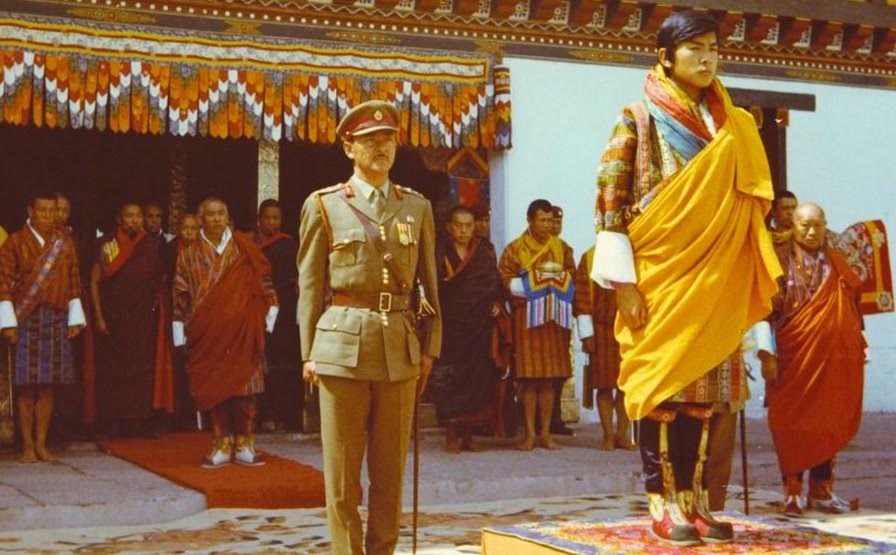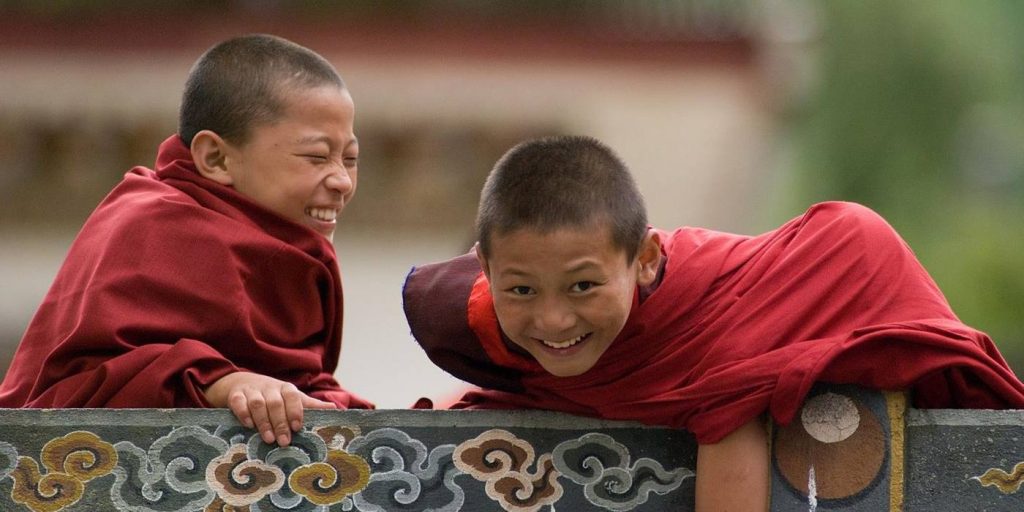A Beginners Guide to GNH
Ever since Bhutan emerged from its self-imposed isolation and opened its doors to guests in the 1970s, the country has acquired a mythical status as the last Shangri-La. And, to add to that mystique, is the country’s developmental philosophy of Gross National Happiness or GNH that has garnered a lot of interest abroad and in the region.

Envisioned by His Majesty the fourth king Jigme Singye Wangchuck, the developmental philosophy of GNH simply strives to balance material growth with mental and spiritual enrichment within a stable environment. In place of GDP, Bhutan measures progress and approaches development using the principles of GNH.
GNH advocates happiness as the ultimate objective of development. And because there are many more dimensions to development other than those associated with GDP, it suggests that development needs to be understood as a process that seeks to maximize happiness rather than just focusing on economic growth.
GNH mainly focuses on four pillars: Sustainable and equitable economic development, Conservation of the environment, Preservation and promotion of culture and Good governance. The essence is based on the belief that true progress happens only when material, emotional and spiritual well-being occur side by side to complement and support each other to promote development, environmental sustainability, cultural integrity, and good governance.
Conventional approaches to development tend to focus only on the means, in the belief that an increase in GDP will automatically result in the attainment of happiness. However, this could be further from the truth. As we have witnessed, such approaches have not been able to avoid the unintended consequences of irreversible damage to the environment and to cultures. Not only are countries continuously destroying the ecosystem services that form earth’s life support system, they are pursuing material gains and economic growth at the cost of human security.

Therefore, for a holistic growth of the individual and of society, GNH espouses the need to strike a sustainable balance between the economy and the social, emotional, spiritual and cultural needs of the people. This has led to development being viewed as a continuous process towards achieving a balance between the material and intangible needs of individuals and society.
In a world beset by wars and climate change, collapsing financial systems, gross inequality and wide-scale environmental destruction, Bhutan’s developmental approach is attracting a lot of interest. In 2010, the United Nations adopted Bhutan’s call for a holistic approach to development – a move endorsed by almost 70 countries, and included happiness as the Ninth Millennium Development goal. A UN panel has also been formed to consider replicating Bhutan’s GNH model across the globe.

